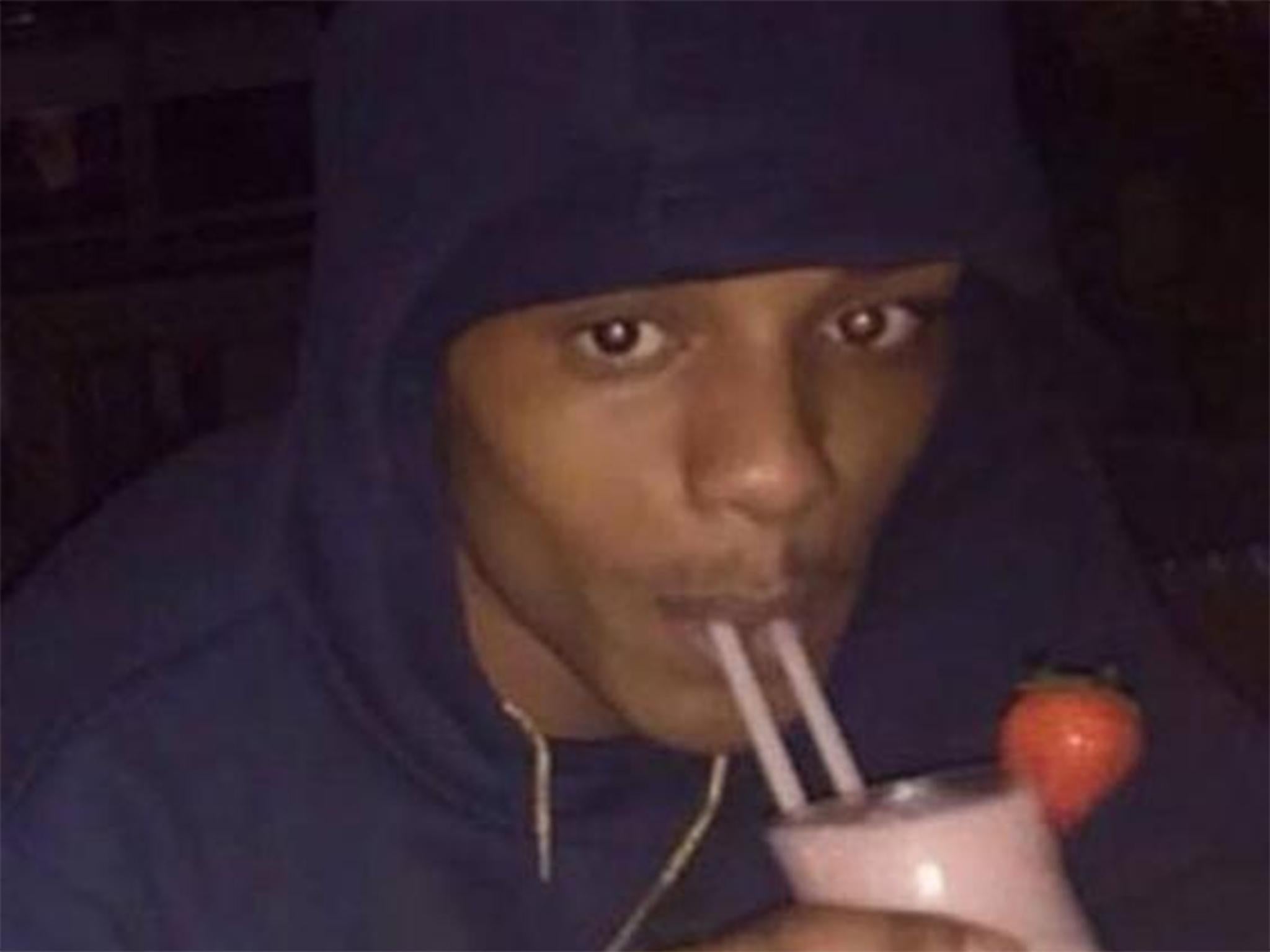Police custody deaths hit highest level in decade after 64% increase in a year
Sharp spike in deaths in or following police custody raises concerns about use of force against people with mental health issues

Deaths in or following policy custody have hit a 10-year high, with the figure soaring by more than 64 per cent in the past year, new data shows.
Figures published by the Independent Office for Police Conduct (IOPC) shows there were 23 police custody deaths in 2017/18, compared with just 14 the year before, marking a sharp spike amid a trend of falling numbers over the past decade.
Of the 23 fatalities, 11 had been restrained or had force used against them by the police or others before their deaths. More than half (12) had mental health concerns and over 75 per cent (18) had links to drugs and/or alcohol.
Of the 11 who were restrained, 6 were white and 5 were black, which has fuelled existing concerns that racial stereotyping is playing a role in deaths that occur in custody across England and Wales.
Campaigners said the rise in police custody deaths illustrated the impact of “historic underfunding” in health and community services, and said the disproportionality in the use of force against black people added to “irrefutable evidence of structural racism” in policing practices.
Among the high-profile deaths were 20-year-old Rashan Charles, who died after being chased and apprehended by police in Hackney, east London, last summer.
A postmortem examination found Mr Charles, who was father to a young daughter, died during the struggle due to a blocked upper airway caused by a small package containing a mixture of caffeine and paracetamol.
A second fatality was Kevin Clarke, 35, who died after coming into contact with police during a mental health crisis on a residential street in Lewisham, south London, in March.
Deborah Coles, director of the charity Inquest, said the figures were an “indictment of the failing systems of investigation, learning and accountability which follow police related deaths”.
“Too many highly vulnerable people with mental ill health and addictions are ending up in the criminal justice system. The solution does not lie within policing,” she continued.
“Many of these preventable deaths illustrate the impact of austerity and the historic underfunding of health and community services.
“The disproportionality in the use of force against black people adds to the irrefutable evidence of structural racism embedded in policing practices. Clearly real systemic change remains to be seen.”
Liberal Democrat home affairs spokesperson Ed Davey said the fact that most of those who died had mental health problems or issues with alcohol or drugs showed there must be more cooperation between police forces and the NHS.
“While the police will be the first to admit they want to do better, parliament needs to ask the question: when we ask the police to act as proxy mental health nurses, are we asking too much of officers?” he said.
“Liberal Democrats demand better from the NHS and a much better deal for people with mental health problems – and in custody cases that should mean a much greater and earlier involvement of the NHS.”
Overall, the IOPC recorded a total of 283 deaths following police contact. Aside from the 23 that occurred in or following police custody, there were four police shootings (three of which were terrorism related), 29 relating to road traffic incidents, 57 apparent suicides following custody and 170 “other” deaths following police contact.
The watchdog’s director general Michael Lockwood said: “The rise in deaths in police custody this year, which includes at the point of arrest, in transit, in cells or in hospital, is concerning viewed against a trend of falling numbers over the past decade.
“Each of these tragic deaths is subject to investigation and we await formal causes of death for most of them.
“What is clear is that many present a complex and challenging set of factors, with links to drugs and alcohol and mental health concerns being very prevalent among those who have died.”
Mr Lockwood said that the IOPC was contributing to ongoing work streams across the policing and public sector through the Ministerial Board on Deaths in Custody, in order to to add expertise to tackling the challenge.
The IOPC said the rise in deaths in custody was “concerning” and that many of the fatalities presented a complex and challenging set of factors, namely a prevalence of links to drugs and alcohol and mental health concerns.
Join our commenting forum
Join thought-provoking conversations, follow other Independent readers and see their replies
Comments
Bookmark popover
Removed from bookmarks